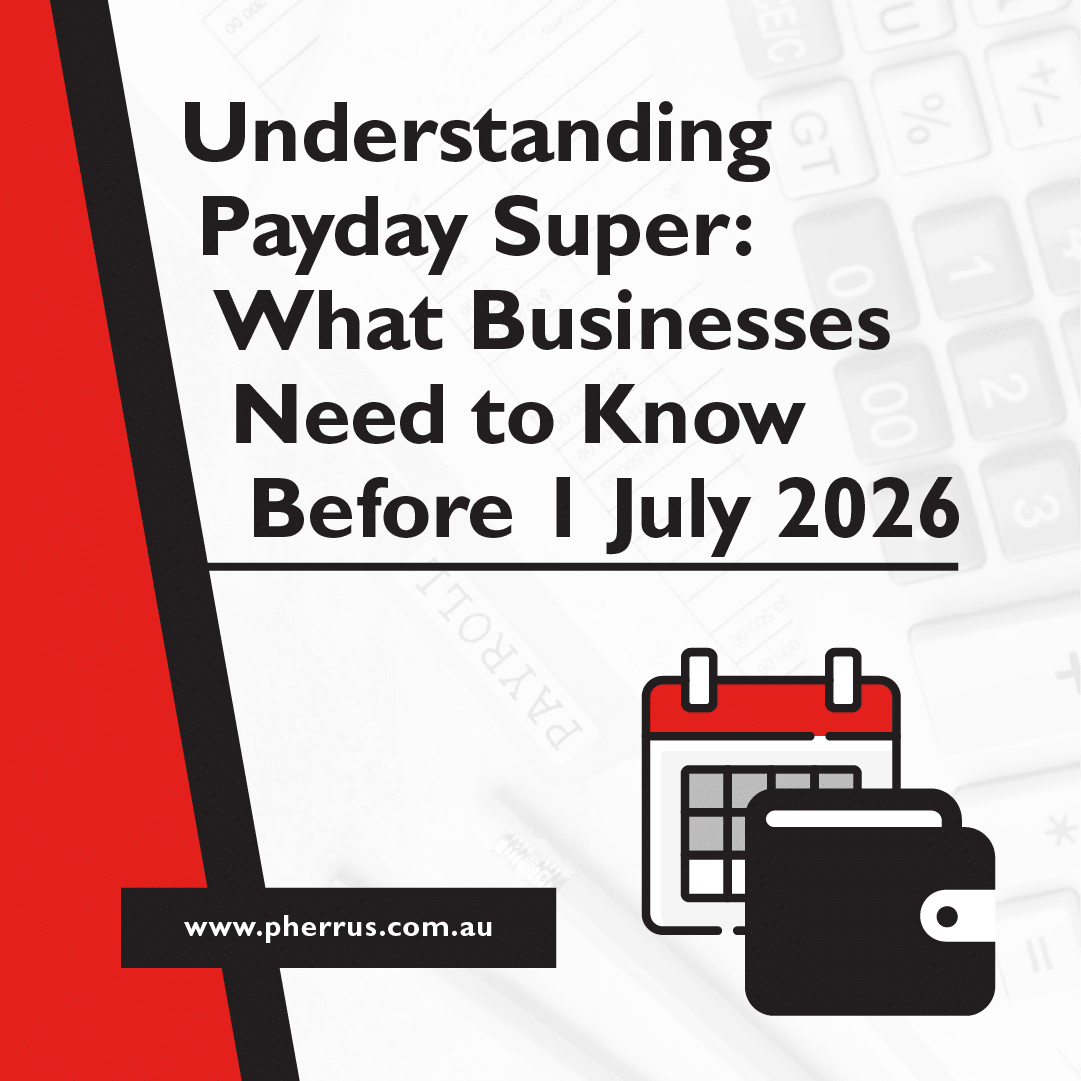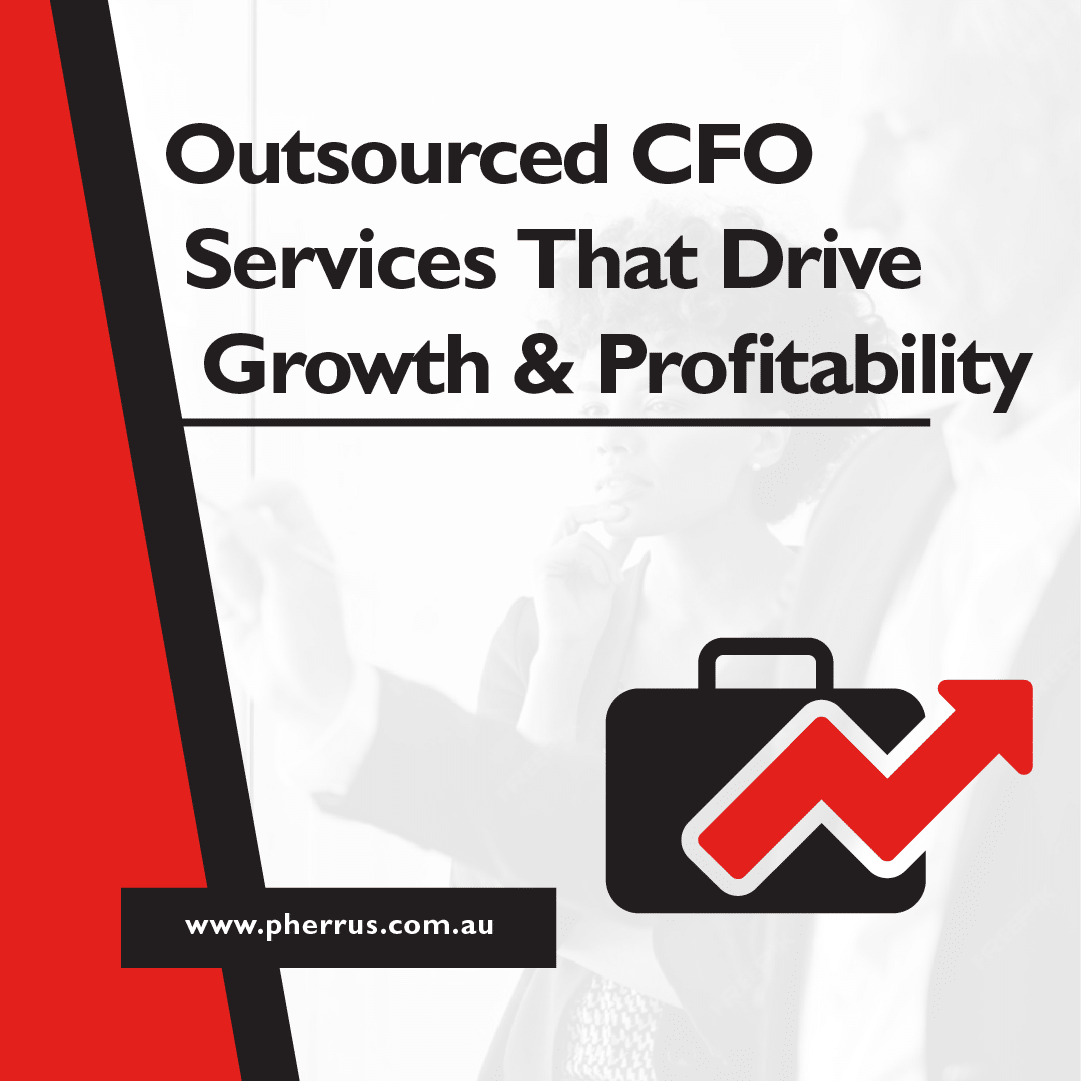Whether you’re an individual privately importing goods or an organisation doing so as part of your business, it is essential you understand how these goods are taxed and your obligations regarding these taxes. Studies have shown that individuals, small businesses and medium sized businesses are the most likely to make what can be very costly errors. At Pherrus Financial Services, our consultants will use their expertise to ensure you remain compliant with your GST obligations while saving you the most money possible. To get you started, here are the most basic things you should know about taxes on imported and exported goods.
On-Sale of Imported Goods
‘On-Sale’ refers to the act of reselling items which you initially bought and imported into the country. GST is payable on the majority of goods imported into Australia. The payment of GST on these items is less often an issue, as you will usually be required to pay the GST owed to the Department of Immigration and Border Protection (DIBP) before the goods will be released. An exception to this rule is if you are part of the Australian Tax Office’s deferred GST scheme.
Where importers sometimes fall afoul of regulations is failing to account for the completed on-sale of imported goods on their Business Activity Statement (BAS). When such sales occur, you must not only report the sale but also account for the GST. This is true even if you have already paid the GST on the importation. Remember, GST is payable, unless the supply is GST-free or input taxed. If you are GST registered and the goods have been imported for a creditable business purpose, you must still pay GST but can claim an input tax credit. On your BAS, report the full amount of the creditable importation at either the G10 (capital acquisitions) or G11 (non-capital acquisitions) label on your BAS.
Installing and assembling imported goods
One of the most common errors here is the thought that, as a non-resident supplier, a business is subject to GST on goods they have not imported into Australia but do install or assemble here. The fact is, the supply of such goods to Australian businesses is not connected with Australia for a non-resident supplier. The supplier is therefore not subject to GST in this instance.
Non Residents and Non-deductible Expenses
On the flipside, there is another consideration for non-resident businesses – there are situations where they will be unable to claim GST credits. Importantly, there are certain purchases and expenses that any registered business cannot claim GST on – i.e. expenses that are non-deductible for income tax purposes. Some of these include private purchases and entertainment expenses.
Voluntary Disclosure
Despite your best efforts, errors may occur in your GST reporting. Upon discovering such errors, attempting to hide them or hoping that they won’t be discovered by the authorities are among the biggest mistakes you can make. They almost certainly will be uncovered, and you will be subject to large fines and perhaps even revocation of import licenses. A voluntary disclosure to the Australian Taxation office will find you having to deal with greatly reduced penalties or simply having to pay the missing funds as opposed to the large fines following compliance activity by the Office.
Tax law is rather complex, and ensuring compliance can be time and resource consuming for a small or medium sized business. Contact us today and let our highly experienced consultantsmake sure your tax payments on imported goods and related paperwork are perfectly organised and submitted.




